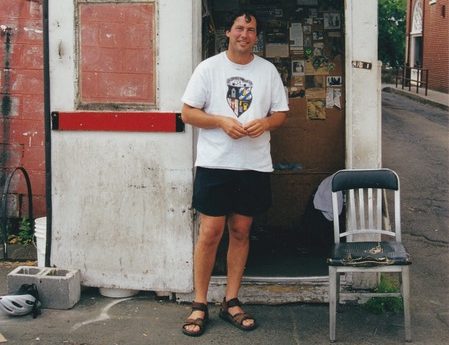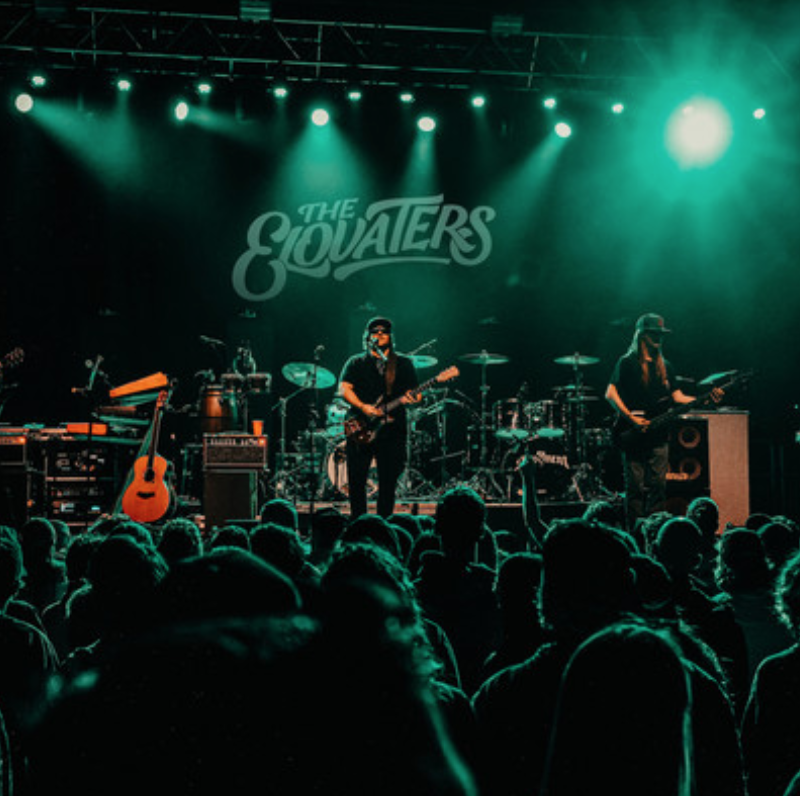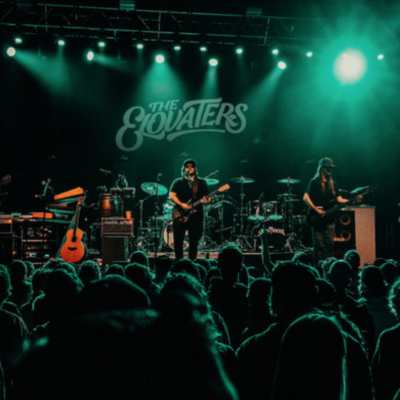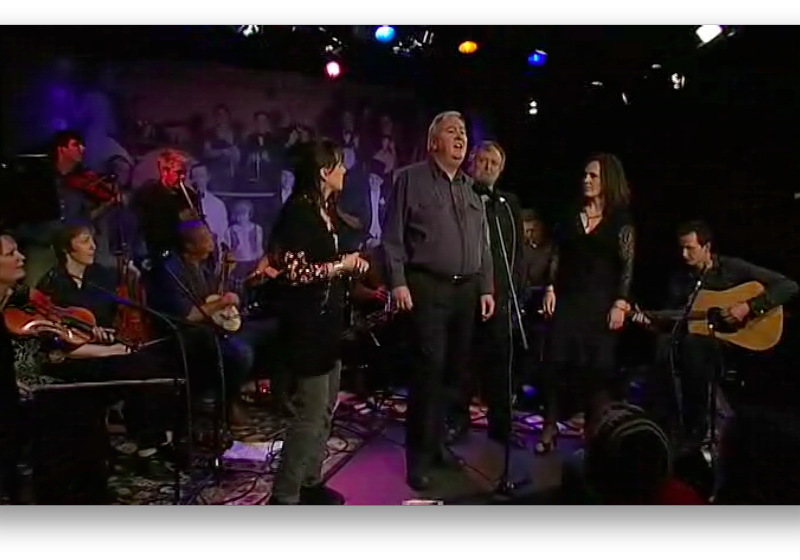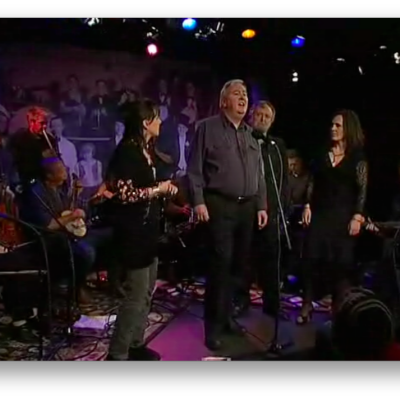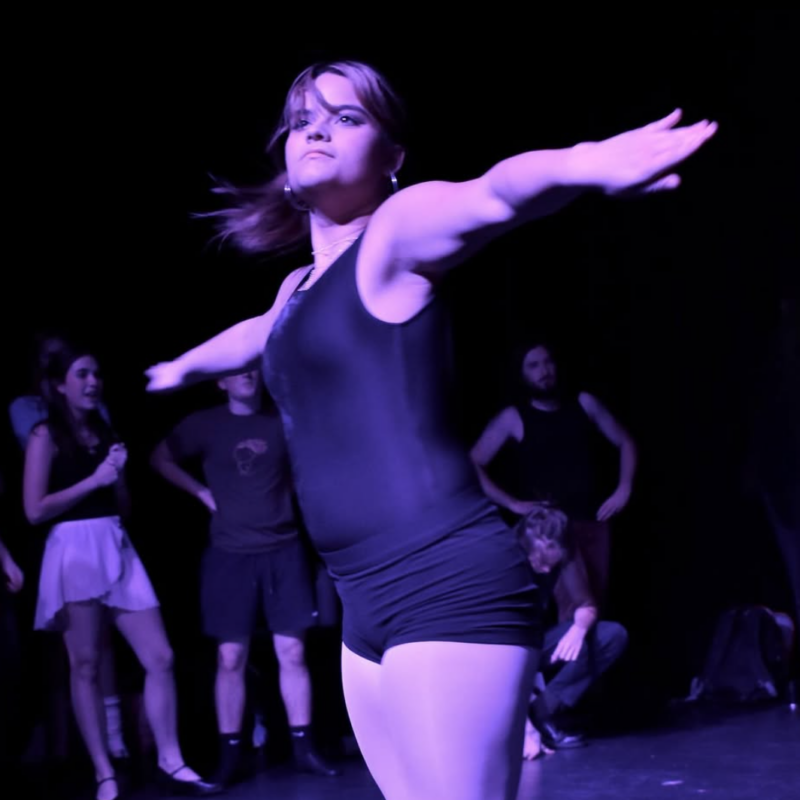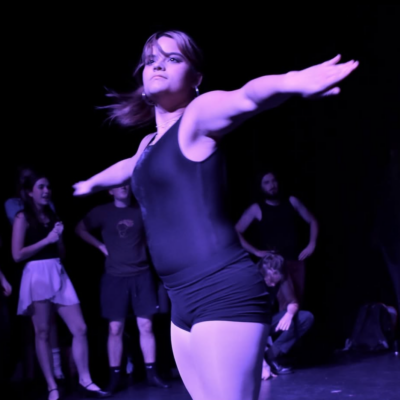If Frank Capra magically came back to life and decided to remake It’s a Wonderful Life in Charlottesville, Chris Farina would be his George Bailey. The guy itchy for travel, the guy who has always celebrated and stuck up for the little guy—in his work managing the countercultural Corner Parking Lot; in his quietly forceful films about ordinary people; in his friendships and collaborations with local neighbors and businesses; and in his joyful love of family, Baltimore sports teams, and his dog Manny (named after former Orioles third baseman Manny Machado).
An upcoming retrospective of his work, the Farina Film Festival, highlights the impact Farina’s had on the Charlottesville community. All proceeds from the festival go to supporting Farina as he and his family manage the respiratory onset ALS he was diagnosed with last winter.
Farina shrugs off the acclaim. He cites influences ranging from his working-class, Italian American boyhood in Baltimore to his time hitchhiking around the U.S., Europe, and Africa. “The idea of meeting people and listening and hearing their stories has always been important for me, even, to be honest, working in the parking lot,” Farina says. “I love getting to know people, and hearing their stories of who they are. … I think that has been the real part of me being a filmmaker, to listen to others and then shine a light on them.”
That light radiates in all Farina’s films, from his first, Route 40, to his latest, The Bridge Ministry. “No filmmaker I know or know of has so consistently, so eloquently, so powerfully embodied the role of citizen filmmaker as Chris Farina,” says Academy and Emmy Award-winning filmmaker Paul Wagner. “His films change the world. His films insist on justice. But they do it, not by scolding, but by inspiring. Every story he tells celebrates the beauty and goodness of human beings.”
Even Corner Parking Lot interactions become opportunities for Farina to spread goodwill, notes historian and writer Coy Barefoot, who prizes a May 2000 photo of Farina. “Standing by that little booth, always with a smile and a nod: the image of kindness, of friendship, and truly one of those indelible images that captures the Corner and Charlottesville at a moment in time that I will always treasure. As I look at it now I can actually hear his voice, ‘Hey, man, how you doing?’”
As Farina faces increasing limitations from ALS, he still holds family, film, and community as closely as George Bailey held Zuzu’s petals. His pride in his children, Matthew and Ella, and his desire to create hope through storytelling propel him through even the most difficult days.
“That’s the thing,” says Farina. “It’s not about making money. It’s about giving uplift by doing this work,” especially, he says, in such fractious times.
“I remember once when I was traveling in Morocco, and I was watching this little guy who sold juice in a stand, and just, his social engagement with the people! I always remember that example of being a person, this shop owner, dealing with the customers in such a personal way. And I’ve always had that in the back of my mind. You know, it’s not an us versus them situation. It’s us. It’s us.”
